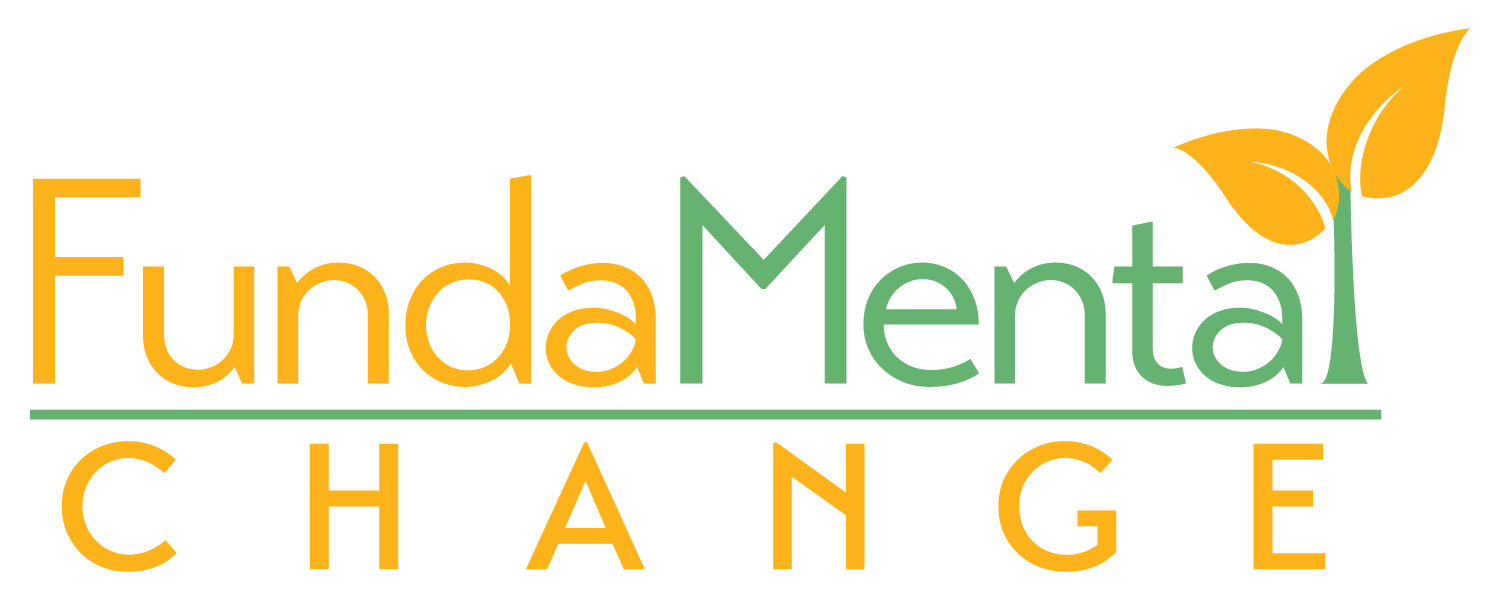Wildfires & Mental Health: The Emotional Aftermath
By • January 29, 2025
The well-known, devastating wildfire that struck Greater Los Angeles last month is having a profound impact on the region. To date, It has caused 27 deaths, nearly 13,000 structures destroyed, and around 205,000 people were forced to evacuate their homes, with most having nothing to go back to.
These dangers are, of course, visible and alarming, but the mental and emotional toll they take on individuals are equally impactful.
Up to 40% of residents in wildfire-affected areas experience symptoms of PTSD, anxiety, and depression.
In the face of such adversity, knowing how to cope personally and help others can help turn despair into little glimmers of hope and foster recovery on a community scale.
The Psychological Impact of Natural Disasters
Like all natural disasters, wildfires trigger several psychological reactions—shock, fear, constant alert, uncertainty, sadness, and even anger.
Because of these, symptoms of depression, anxiety, a profound sense of loss, and post traumatic stress disorder (PTSD) may surface. The loss of a home and all the memories that come with it, is never easy.
This can lead to feelings of instability and loss of identity, which can also extend to the stress of rebuilding a new life. This affects not only adults but also children. It leaves a long-term trail of destruction.
Dealing with the aftermath can understandably feel overwhelming at first. Here are a few ways to cope and support others during this challenging time.
How To Cope After A Wildfire
Acknowledge and validate your emotions
Whether you’re a mom, the head of the household, or the family breadwinner, it’s completely okay to feel the weight of the situation.
Your feelings are valid, and giving yourself some grace is essential. After a traumatic event, allow yourself to feel overwhelmed, sad, or angry.
Give yourself time to grieve the losses. Know that emotional recovery is a gradual process that looks different for everyone.
Stay connected, seek support, or consider professional counseling
If possible, maintain your connection with family and friends. During this time, a support system can provide emotional comfort and help. Community support groups can also offer a space to share experiences and coping strategies. You are never alone.
If you feel like the weight is too much, you can try seeking professional support for intense emotions and trauma. Therapists can offer you a better way to deal with grief, anxiety disorders, and depression.
If you experience health conditions after being exposed to wildfires, consider getting your health checked. Poor air quality or smoke events can affect your respiratory system and cardiovascular health.
Establish a routine
Establish a routine to provide you (and your family) a sense of normalcy. This can also be helpful for children going through these significant changes. Simple activities like meals at regular times, regular sleep routines, and physical activities can help ground you with structure. Some outdoor activities can regulate the sympathetic nervous system in at least five minutes.
Limit social media exposure
If you're safe and away from the wildfires, limit your exposure to news and images of the disaster. Taking a step back can help ease anxiety and give you room to focus on healing and moving forward.
How To Cope After A Wildfire
Lend a hand
If you’re in a position to help, donating to those affected by the wildfire can make a big difference. You can do it directly to a family or community you know or through local businesses that accept donations. Your contribution—water, diapers, food, clothing, or other essentials can bring a big relief. Check for community hubs, shelters, or charities near you.
If financial donations are feasible, consider donating to a verified relief fund.
Active listening
Sometimes, the best support you can offer to someone you know is by simply being there to listen to them. Allow them to express their feelings without the pressure of needing to have all the answers or solutions. Remember that healing is deeply personal. This is an overwhelming time for everyone, therefore a listening ear can already be a powerful source of comfort.
Celebrate small wins and have community support
Recovery is stronger when done together. Encourage your friends, family, and neighbors to contribute donations. Celebrate the progress of others, too—whether they’re rebuilding a home or simply finding small moments of joy.
Join Us in Making a Difference
Your support can transform lives and break the stigma surrounding mental health. Whether by attending events, volunteering, or contributing, you can play a vital role in creating a stronger, more supportive community.
Every action, big or small, can make a difference in helping wildfire-affected communities rebuild and recover whether it’s donating essentials, offering your time, or simply lending an ear, your support matters. Together, we can help heal and rebuild.
